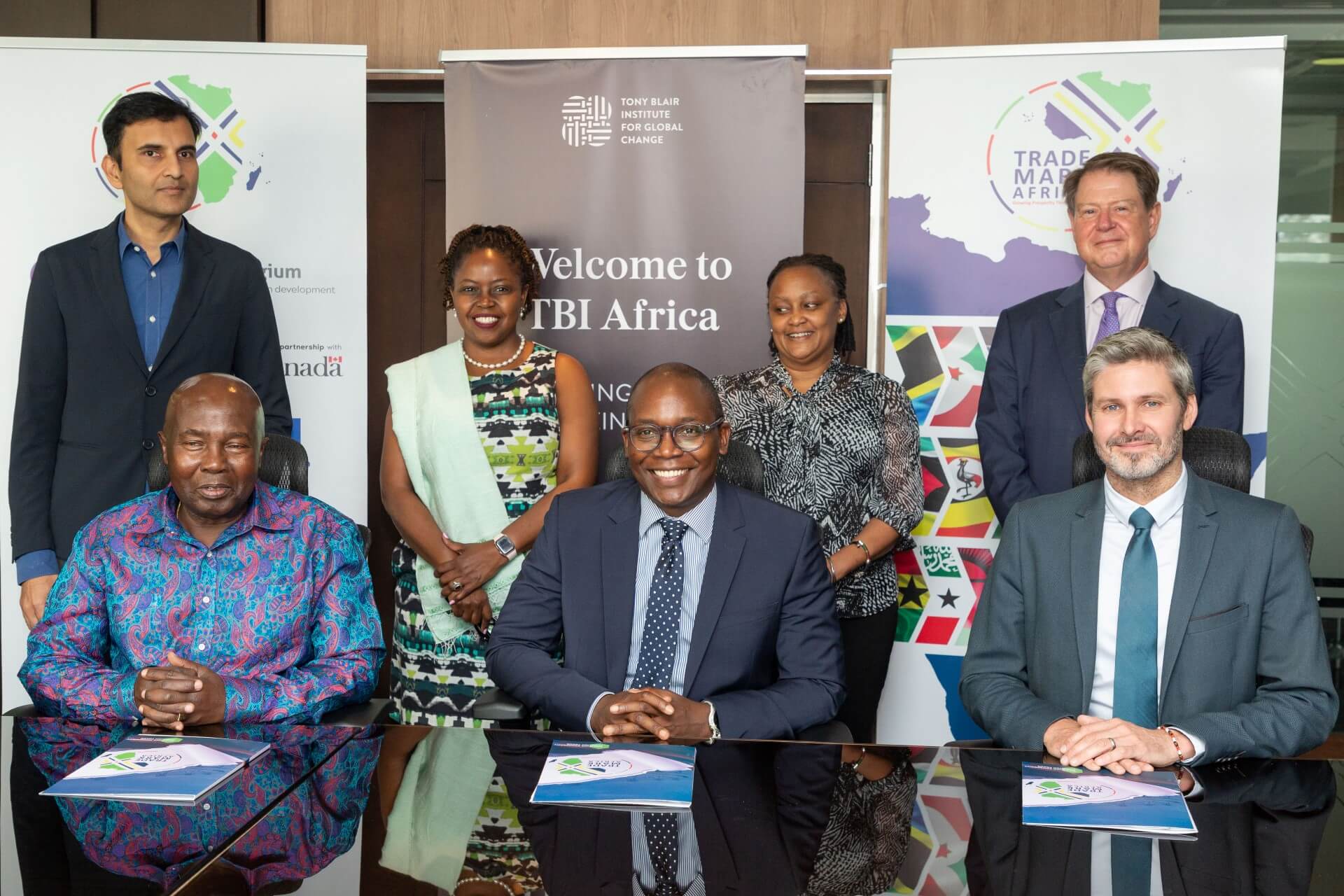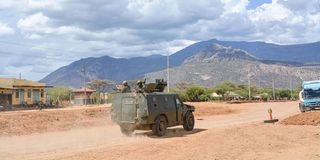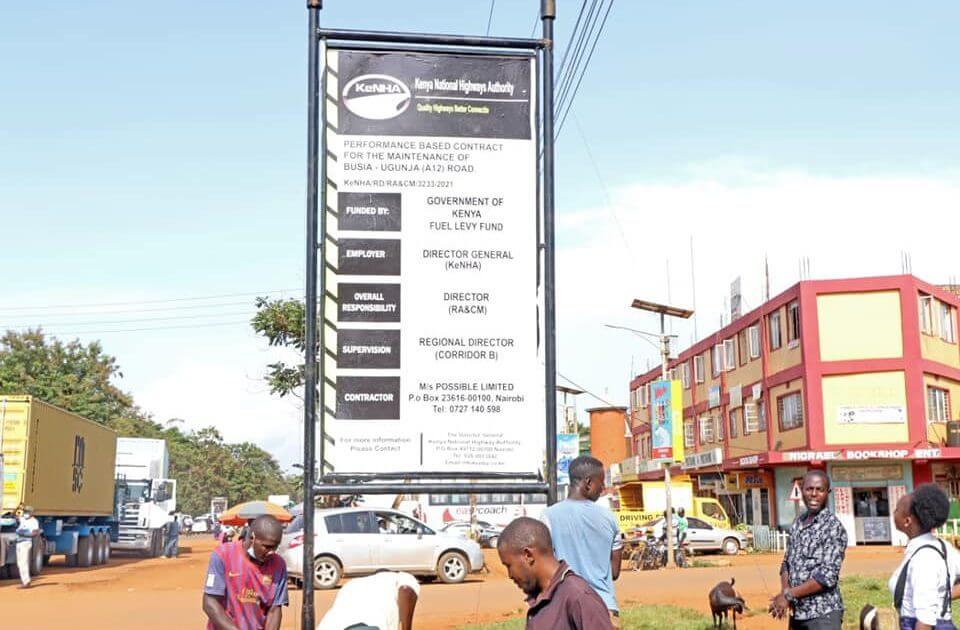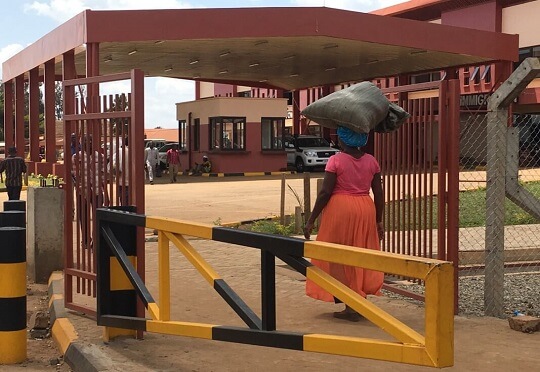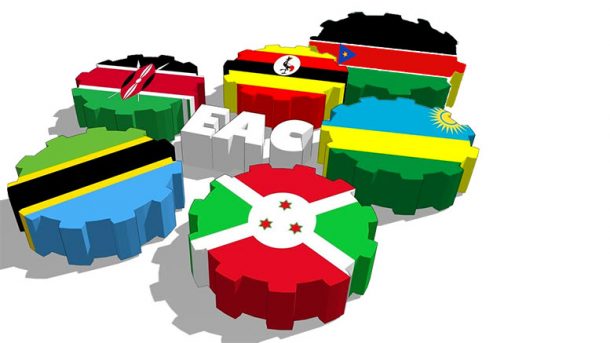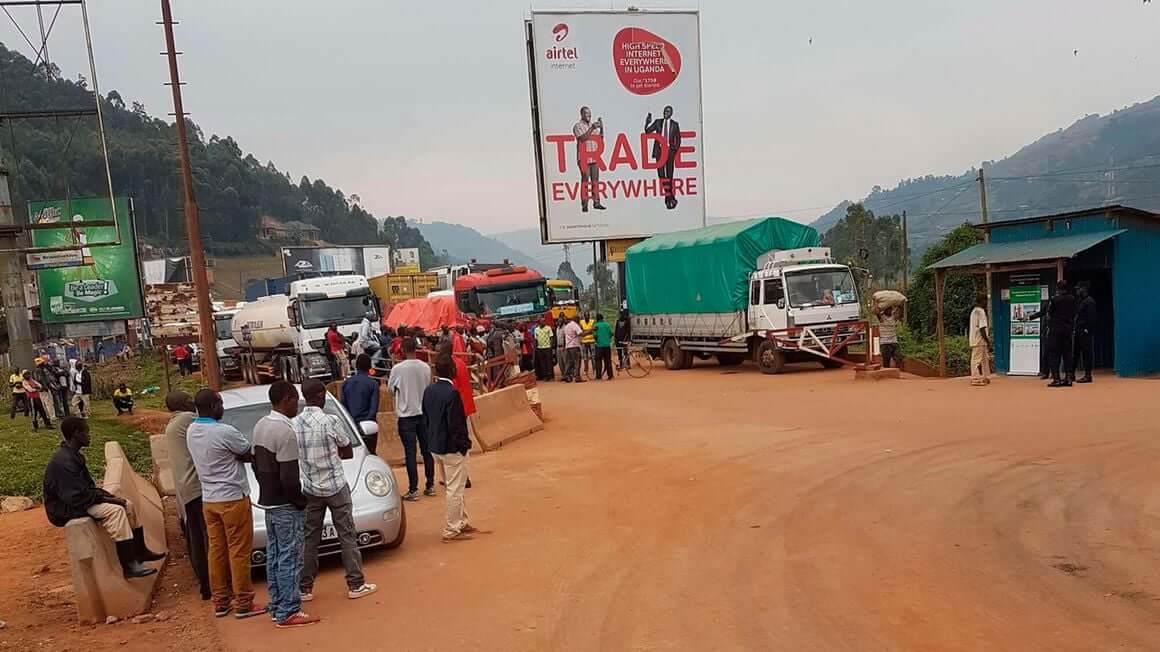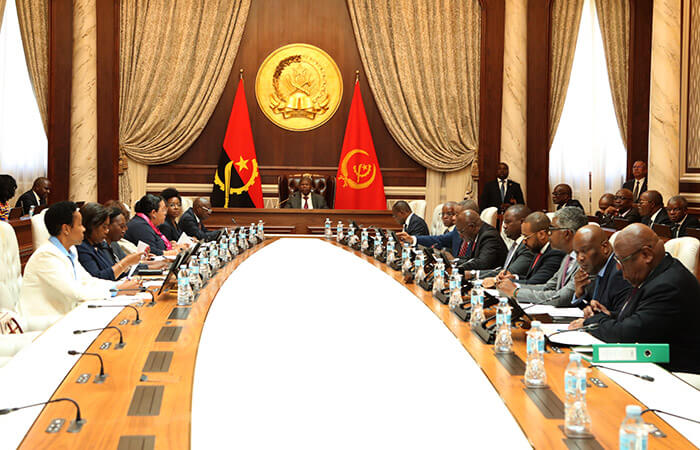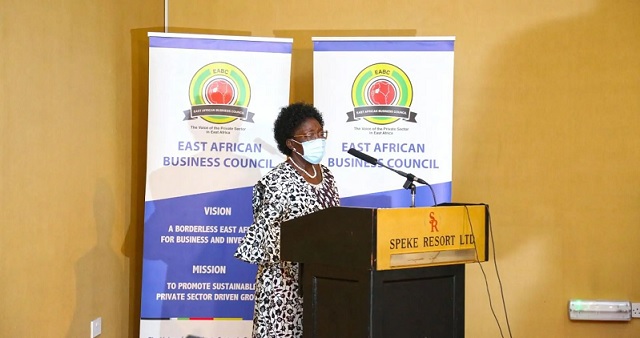Efforts to promote and grow trade in Africa under the African Continental Free Trade Area (AfCFTA) have received a boost following a pact for trade facilitation and financing. The deal between trade aid firm, TradeMark Africa, Tony Blair Institute and Trade Catalyst Africa seeks to fast track the implementation of the trade initiative launched in 2021, with eight countries participating in the initiative so far. The agreement will also seek to deploy its expertise in trade facilitation projects, policy advice to governments, digitisation of trade processes, industrialisation, trade infrastructure, green logistics and innovative finance to help resolve trade bottlenecks between African nations. Commenting on the partnership, TradeMark Africa CEO, David Beer welcomed the partnership noting the strategy will create the right synergies in driving economic growth. “At TMA, we are proud of the trade facilitation that we have undertaken across the East, Horn and Southern Africa over the last decade. This has made significant contributions to reducing the time and cost of trade, as well as expanding exports,” Beer said. He added that they would further build on the partnership to help realise the aspirations of AfCFTA member states, in creating a truly seamless trading environment in Africa. TBI managing director Rishon Chimboza hailed the pact saying it will help unleash Africa's trade potential that could lift about 30 million people across the continent out of extreme poverty by 2035. According to the World Bank, if AfCFTA were fully rolled out, it would create a single, continent-wide market that unites 54...
TradeMark signs deal to boost trade in Africa
Posted on: March 1, 2023
Posted on: March 1, 2023

